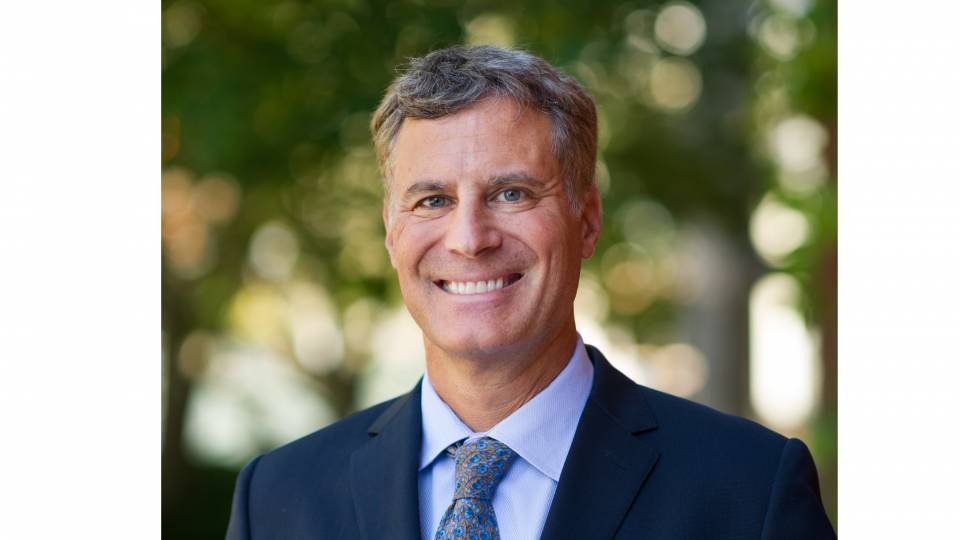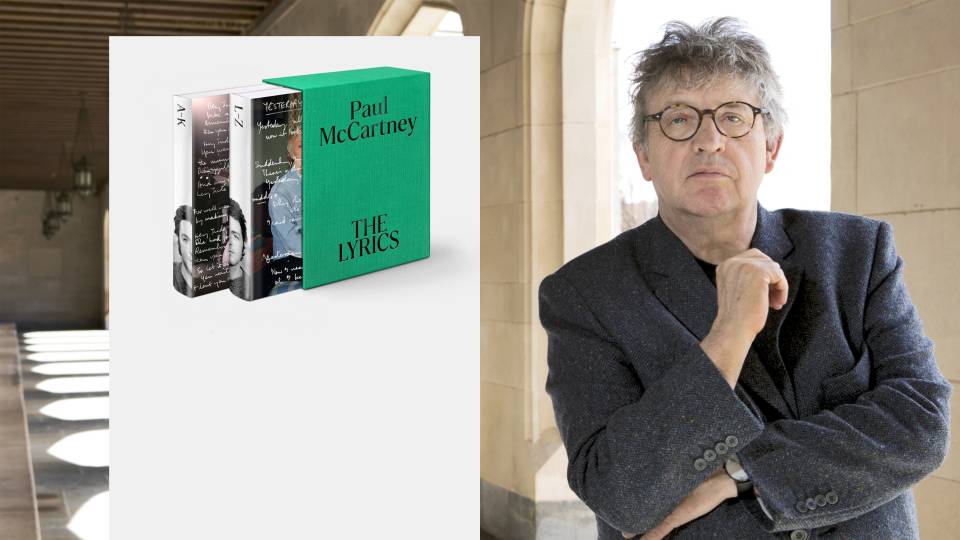If it seems that rock concert tickets have become substantially more expensive lately, that's because they are. Ticket prices have been escalating for the last five years, and the plateau is nowhere in sight, said Princeton economist Alan Krueger.
In a Sept. 23 lecture "Rockonomics: Economics and Public Policy in the Rock and Roll Industry," Krueger described his study of the economic causes and effects of the rising cost of concert tickets. Krueger is the Bendheim Professor of Economics and Public Policy, director of the Princeton Survey Research Center and professor of economics and public affairs at the Woodrow Wilson School.
Using box office information maintained by Pollstar, an organization that provides concert tour schedules, box office results and other music industry-related data, Krueger discovered that in the last five years concert ticket prices have grown by 61 percent, while the Consumer Price Index (the measure of the price of all consumer goods) increased by just 13 percent. Further, the cost of concert tickets now outpaces the other entertainment sectors -- movies, sporting events, theater -- by about 30 percent.
In 2001, the average concert ticket price was about $40, with the average high-end cost close to $60. But Krueger noted that the range is great, and many artists cost much more. He gave the example of Paul McCartney, whose recent tour put fans out of pocket by $250 per ticket.
"There is a very skewed distribution of income for bands," said Krueger. "The top 5 percent of artists in 1982 generated 62 percent of the revenue. Today, they're generating 84 percent of the revenue. More people are paying more to see the best."
According to Krueger, a key reason why the "best are pulling ahead of the rest" is because they reach a large number of people around the world. "The price of consumer audio equipment has been falling like a stone," he said. "That means the top musicians can sell music to billions of people." And in the music business, being well known means being in demand.
It is not just the new, popular artists such as Britney Spears and *NSYNC that are selling tickets at higher prices than ever, but also well-established performers such as the Rolling Stones and Madonna. Krueger said he was interested to learn that Bruce Springsteen and the E Street Band has the same price range wherever he performs, and that this year his concert tour ticket price is $75. "That's kind of a throwback to the days when high and low prices were the same," he said.
Krueger was sometimes surprised by other information his study unearthed. He discovered that female bands command the highest prices in the industry. "I study the labor market, and you usually don't find females having higher salaries than males," he said. Mixed sex groups commanded the lowest average ticket price.
Another discovery was that across the genres, jazz and pop tickets cost more than reggae or folk. Also, older acts tend to have higher prices because they have a loyal fan base, typically made up of older audiences with more disposable income, said Krueger.
Krueger also delved into possible causes for the significant ticket price increases since the 1980s -- which spiked in the past five years -- especially when sales have been flat for about 12 years. He offered four explanations, some with caveats, that he said are all part of the story.
The first is that, according to the music industry professionals Krueger interviewed, production costs have increased. Elaborate stage sets and pyrotechnics are the norm, but Krueger admitted to being skeptical about some of the "facts." "Depending on who you talk to, *NSYNC's last stadium tour took as many as 53 tractor trailers," he said.
The second factor may be music industry consolidation, Krueger explained, but he admitted to a growing suspicion that this reason was "overrated." Even with 76 percent of the total revenue of the top artists being handled by the biggest four promoters --C lear Channel Communications being the most dominant -- Krueger has gained insights from further research to suggest that other factors may be more significant.
Krueger's third main explanation deals with the status of complementary goods, such as album sales. According to Krueger, the bounty from these goods has been drying up. "There was a 10 percent decline in album sales last year, and a 7 percent decline before that," he said. Krueger pointed to the practice of downloading music from the Web as having a major impact on album sales. "Jazz and blues fans tend to buy more music, while there's more piracy with rock and pop," he said. According to Krueger, this trend explains why jazz and blues concert prices have grown more slowly (23.4 percent) than rock and pop (74 percent).
Krueger's fourth hypothesis is that ticket prices had been too low to begin with. Krueger has a plan to test this reasoning -- this Thursday he is conducting a survey of fans at the Rolling Stones concert at Madison Square Garden to find out to what extent ticket scalping gets closer to the real market value of concert tickets. On Oct. 6, he'll conduct the same survey at Bruce Springsteen's concert in Philadelphia.
Contact: Marilyn Marks (609) 258-3601

